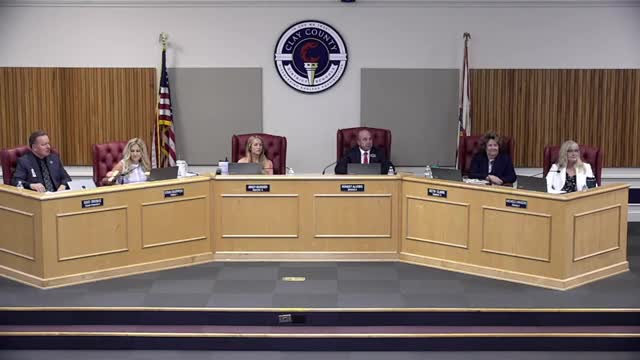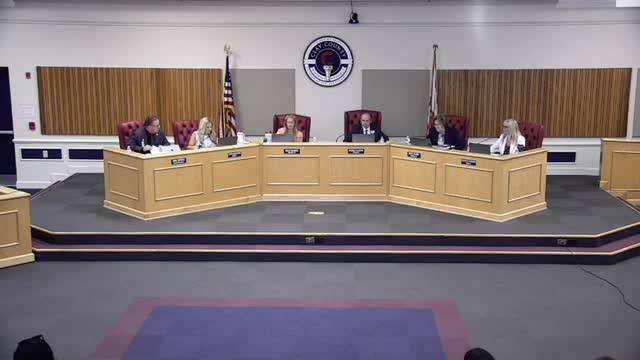Article not found
This article is no longer available. But don't worry—we've gathered other articles that discuss the same topic.

Students and community members protest book removals; board cites state statute and parental choice

Board adopts Benchmark ELA adoption for K‑5 after split vote; teachers and literacy staff clash over readiness and cost

School board approves Blue Cross Blue Shield for self‑insurance administration, citing multimillion‑dollar savings

